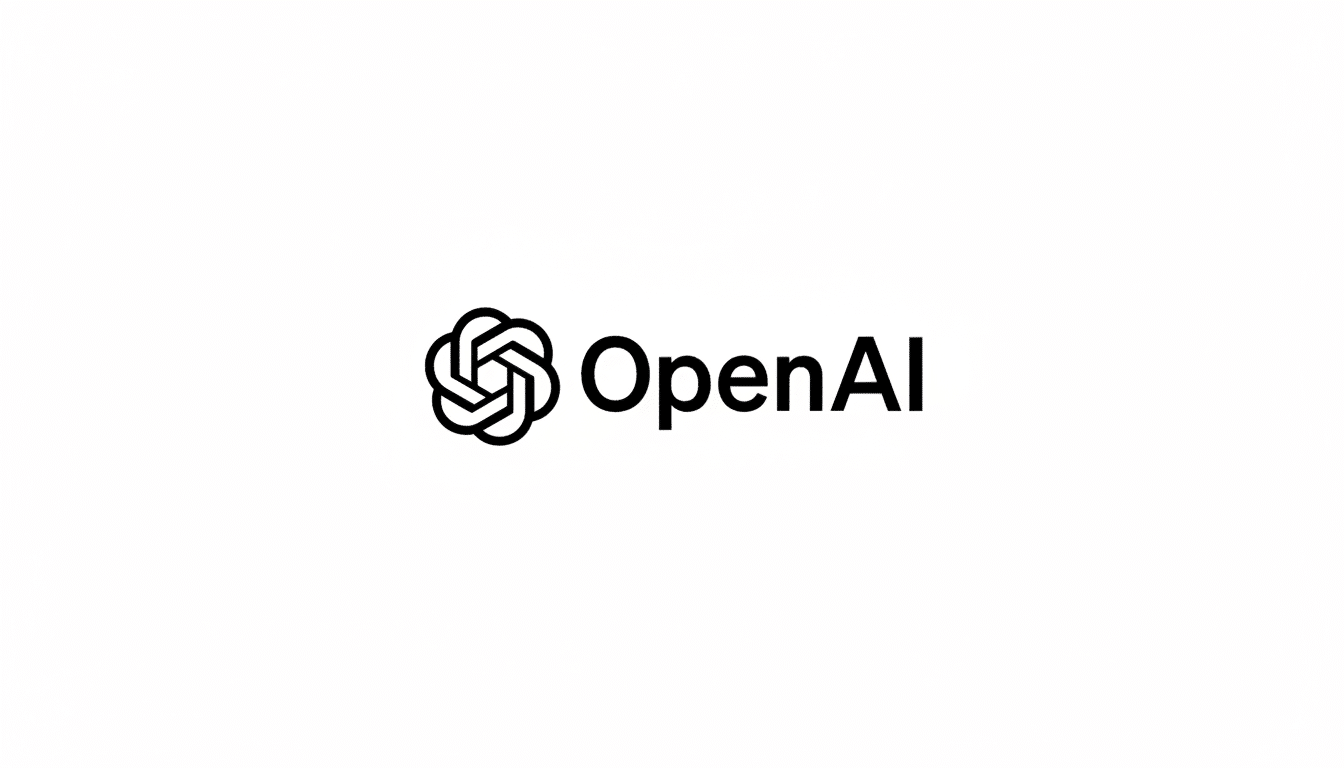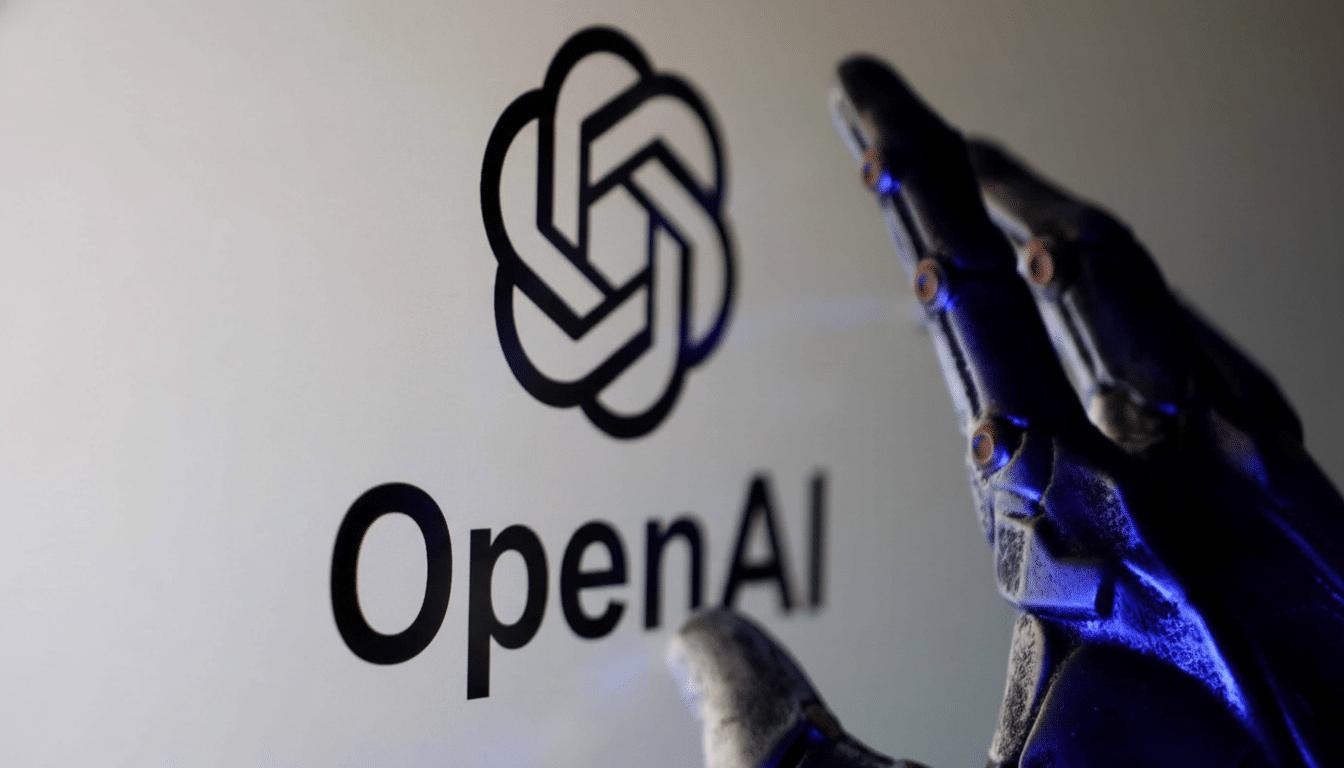OpenAI is considering relocating its headquarters from California as state and corporate oversight grows over the company’s transformation from a nonprofit to a for-profit, Wall Street Journal reports. The deliberations highlight a high-stakes clash between charitable trust rules, investor expectations and the economic pull of the Bay Area’s AI talent hub.
Why the restructuring hits charity law
OpenAI was founded as a nonprofit with a public-spirited mission. As its generative AI systems increased in commercial value, the company sought a format that would enable it to raise substantial private capital while preserving mission guardrails. The current arrangement puts a for-profit company under the umbrella of a nonprofit parent — a somewhat unorthodox hybrid intended to reconcile safety oversight with commercial velocity.

Now, critics say, the balance has shifted. Nonprofits, philanthropy advocates and rivals have raised questions over whether the arrangement runs afoul of the charity’s founding mission. Attorneys general in California and Delaware are investigating whether OpenAI’s arrangement runs afoul of charitable trust rules, which demand that assets donated for the public good stay tied to that mission, The Wall Street Journal reported.
It is particularly hard in California to shift nonprofit assets into the hands of for-profit owners. In previous industries — from hospital systems and insurers — state regulation has ranged from court approval, public benefit commitments and even financial restitution when charitable value migrates into private ownership. Those precedents help to account for why OpenAI’s proposal is getting a lot of scrutiny from regulators and industry observers.
The $19 billion conundrum for investors
A significant chunk of investor funding — approximately $19 billion — was predicated on obtaining equity in a traditional for-profit format, the Journal reported. Under the current OpenAI model, the nonprofit’s control and constraints make it harder to distribute equity the way venture-backed companies typically do. If investigations push for alterations, or prevent a clean conversion, that funding will be brought back, leaving a large funding gap for IP to a company that is scaling big AI models that are expensive to train and deploy.
That’s the financial needle that OpenAI is attempting to thread: have enough of that nonprofit-style oversight to reassure regulators and the public, and yet create enough in terms of equity-like incentives to ensure that investors are comfortable with the risk and the cost of AI on the frontier. Its investors, partners and rivals are all watching to see how regulators interpret the boundaries of the hybrid structure.
Would relocating really solve the problem?
In theory, a relocation might let OpenAI reconstitute as a normal for-profit in a more friendly jurisdiction. But leaving doesn’t always mean the end of California’s reach. If charitable assets were created under California law — or if key entities remain registered there — the California attorney general may still have jurisdiction. The Journal also reports that authorities in Delaware are reviewing the situation, so moving does not equal a clean legal slate.

Legal experts frequently cite the “charitable trust” doctrine: When a not-for-profit builds up assets and make its name on a public mission, those assets are encumbered. Turning them into a private benefit usually involves some form of regulatory approval, court oversight, or payback to the public with cash or governance arrangements. Any effort to end-run by moving would also almost certainly be contested.
Talent gravity and competitive risk
The Bay Area is still home to the most abundant pool of A.I. researchers, applied engineers and policy rankings. Major labs and competitors — like Anthropic and numerous Big Tech AI groups — already have large footprints in California. Moving could disrupt recruiting pipelines, complicate retention and deliver rivals a recruiting narrative: stay in San Francisco, and take no chances on upheaval.
Then there is the practical lesson from other tech giants that announced splashy moves but kept sizable California operations because that’s where the talent, universities and ecosystem partners are. For an AI lab churning through frequent training cycles and cross-functional safety reviews, this dispersion incurs concrete costs of coordination.
Political calculus and potential outcomes
OpenAI has hired lobbyists in touch with the office of Gov. Gavin Newsom, according to The Journal, indicating that the company would prefer to avoid a relocation. California legislators have also dangled before AI builders the threat of the regulation aimed at models of high capability — further policy variables multiplied among the board for any company or coalition seeking to build frontier systems.
What happens next depends on the attorneys general. They coul d sign off on the restructuring with conditions, demand governance changes, require payments to maintain charitable value or take it up in court. One possible settlement could resemble previous nonprofit conversions, which were court-supervised procedures that codify public-benefit provisions and spell out the rights of investors and control over the company.
The stakes are clear for OpenAI. That will be their real challenge — to demonstrate that they can match a public-interest narrative to a capital structure that can fund massive compute and research costs. Whether that alignment will take place in California, or another location, remains to be seen in how regulators interpret the nonprofit’s original pledges, and how far the company is prepared to go to keep investors, workers and policymakers onside.

